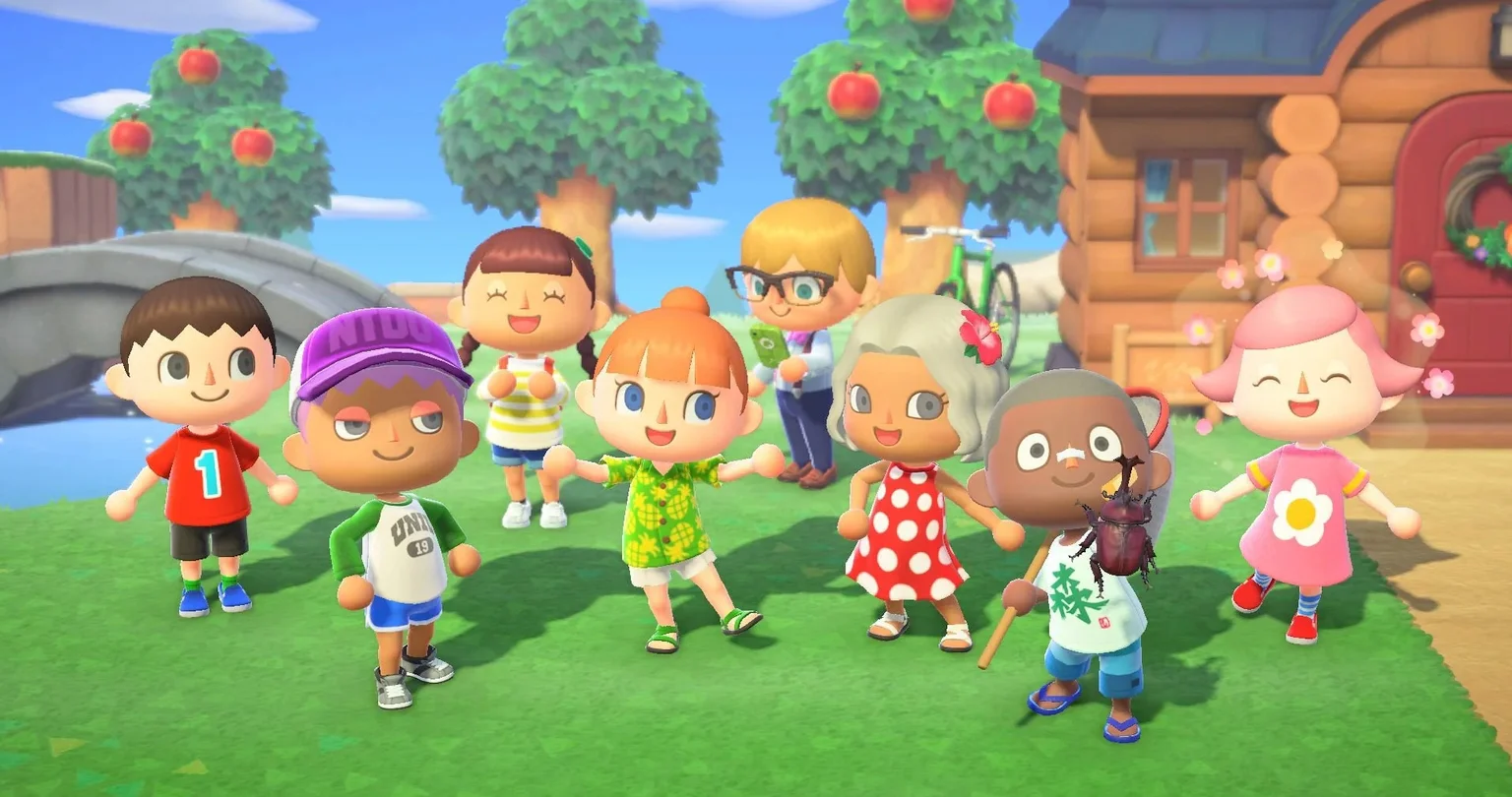Earlier this week you may have heard that the CCP, the Chinese Government, enforced a ban on the new Nintendo Switch title Animal Crossing. This is because some users were using the platform to overcome censorship laws and speak openly about the problems still occurring in Hong Kong.
Under this new law, gamers in China will no longer be able to communicate with players outside of the Great Firewall, i.e, anyone who lives outside of China. This is a sort of self-enforced region-lock, and players will still be able to play games, but only on Chinese servers.
https://twitter.com/TaiwanNews886/status/1250386225136979968
Along with the blanket block on gaming outside of the Firewall, the CCP announced other significant laws. To defy internet anonymity, especially in gaming communities, all players in China will now be required to use only their real name. No more unique usernames, or numbers in your name.
But what effect will this have on gaming in China, and the wider industry as a whole? You may have heard of the censorship rules of the Chinese government having an impact on other games, such as Rainbow Six Siege, but as of yet, these have been handled by introducing a separate client for the Chinese player base.
This new set of laws, which bans players from establishing unions in games, bans zombies, and roleplaying, could have a knock-on effect for games that want to appeal to the enormous Chinese audience. To put it into perspective, a game like League of Legends is totally dominated by the Chinese market, as well as games like World of Warcraft and PUBG.
The concerns lie in games companies making alterations to their games for the sake of the Chinese market, something seen with the Chinese WoW client with bones and blood removed, and the imagery of skulls, knives and other gore removed from RS6 for the region.
Lastly, other rules have been introduced over the past few months, including a time restriction for gamers under the age of 18, and restrictions on the amount of money people can spend on online games, laws designed to curb internet addiction.
Both are harmful to the industry as a whole, as mobile gaming companies make huge money in China, and China also produces some of the best competitive gaming teams in the world, especially in the LCS.







